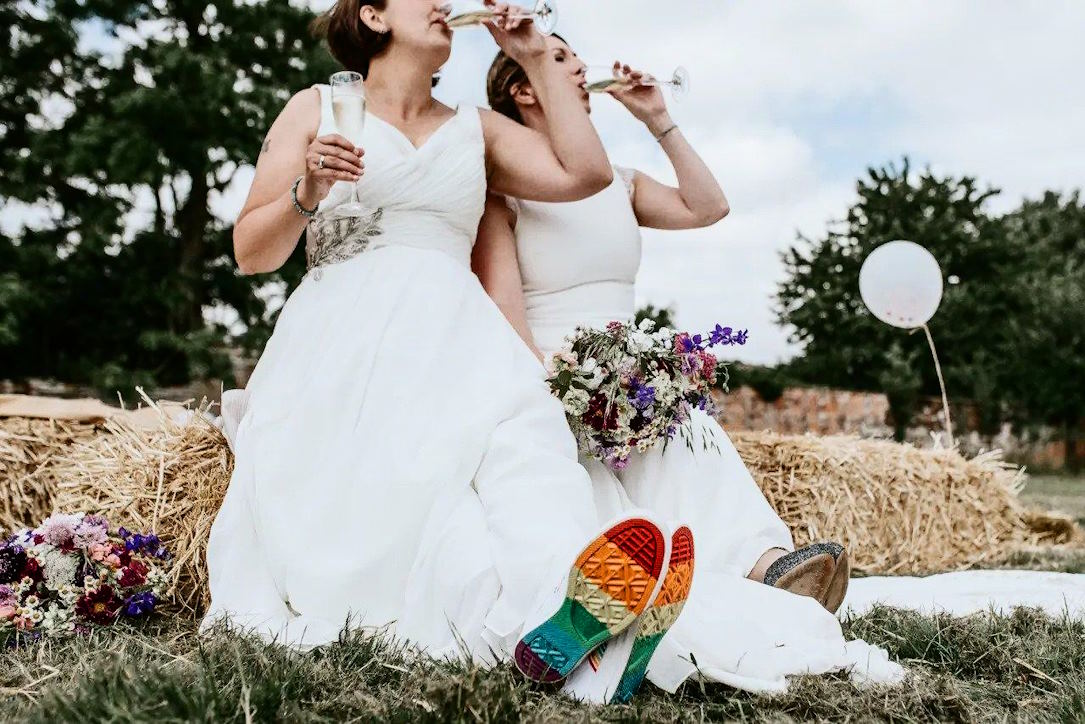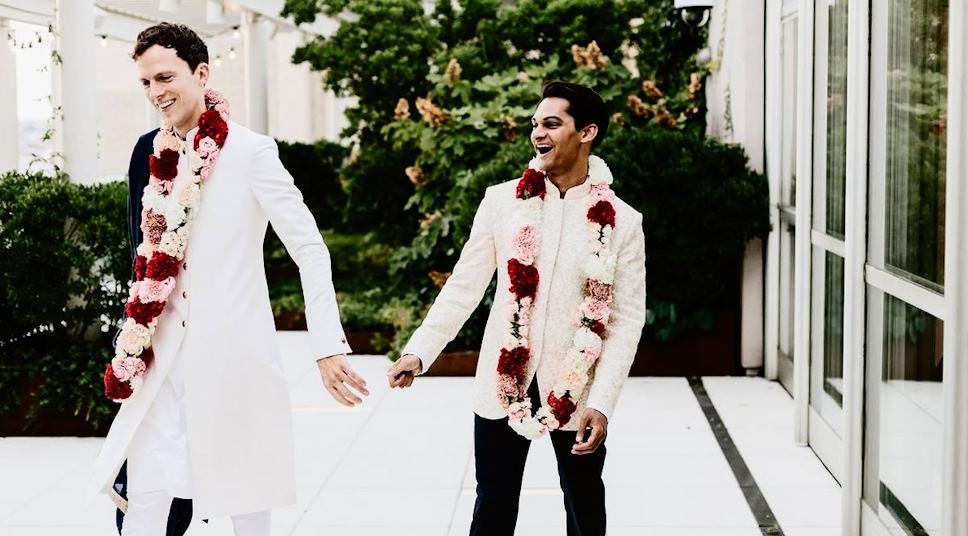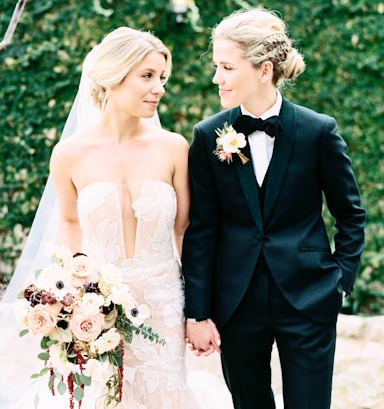
Planning a Same-Sex Wedding: Tips and Advice
Congratulations on your upcoming same-sex wedding! This is an incredibly special and exciting time in your lives, and we’re here to provide you with guidance and support as you embark on the journey of planning your dream wedding. While planning any wedding can be a joyous but challenging task, planning a same-sex wedding may present unique considerations and opportunities.
Navigating Legal Requirements and Documentation
Researching marriage laws and regulations
Before diving into the intricate details of your wedding planning, it’s crucial to familiarize yourself with the marriage laws and regulations that apply to same-sex unions in your country or state. Laws regarding same-sex marriage vary from one jurisdiction to another, so it’s essential to research and understand the legal landscape that surrounds your union.
Start by visiting official government websites or consulting with legal professionals who specialize in LGBTQ+ rights. These resources will provide you with accurate and up-to-date information on the requirements for obtaining a marriage license, any residency restrictions, and the legal rights and benefits that come with being married.
Obtaining necessary legal documents and licenses
Once you have a clear understanding of the legal requirements, it’s time to gather the necessary documentation and apply for the appropriate licenses. Common documents may include proof of identity, birth certificates, and any necessary forms related to your marital status or previous marriages.
Ensure that you have all the required paperwork well in advance of your wedding date. This will give you peace of mind and prevent any last-minute stress or complications.
Understanding the implications of legal recognition
Understanding the implications of legal recognition is an important aspect of planning a same-sex wedding. While the legalization of same-sex marriage has come a long way in many parts of the world, it’s essential to be aware of the rights and protections afforded to you as a married couple.
Explore the legal implications related to taxes, inheritance, healthcare, and parenting rights, among others. Knowing your rights and responsibilities will enable you to make informed decisions and navigate potential challenges that may arise throughout your married life.

Planning an LGBTQ+-Inclusive Ceremony
Collaborating with an LGBTQ+-friendly officiant
When planning an LGBTQ+-inclusive ceremony, one of the first steps is to find an officiant who is not only supportive but also well-versed in LGBTQ+ issues. Look for officiants who have experience officiating same-sex weddings or who are part of the LGBTQ+ community themselves. They will understand the nuances and significance of your union, and their expertise will help create a ceremony that truly reflects your love.
Schedule meetings with potential officiants to discuss your vision and ensure they are on the same page as you. Ask about their approach to inclusivity, their willingness to customize the ceremony to fit your unique love story, and their openness to incorporating LGBTQ+ traditions or rituals.
Customizing rituals, readings, and vows
An LGBTQ+-inclusive ceremony allows you to personalize every aspect of your wedding to reflect your identities and relationship. Take the opportunity to customize rituals, readings, and vows that resonate with you and your partner.
Consider incorporating meaningful symbols or gestures, such as the lighting of unity candles, the exchange of personalized vows, or the blending of different-colored sands. Select readings that embrace love in all its forms, regardless of gender or sexual orientation. You can choose poetry, literature, or even passages from LGBTQ+ activists or pioneers who have fought for equality and acceptance.
Incorporating LGBTQ+ traditions and symbolism
Incorporating LGBTQ+ traditions and symbolism into your ceremony can create a powerful and inclusive experience for both you and your guests. Research LGBTQ+ wedding traditions from different cultures and communities, and find ones that resonate with you.
For example, you could include a handfasting ceremony, where your hands are bound together with ribbons or cords as a symbol of unity and commitment. The use of rainbow colors in your décor, attire, or even your cake can also serve as a beautiful symbol of LGBTQ+ pride and celebration.
Dealing with Potential Challenges and Resistance
Preparing for potential backlash and discrimination
 While planning your same-sex wedding, it’s important to acknowledge that you may face challenges or encounter resistance along the way. Unfortunately, not everyone embraces equality and may express their bias or discrimination. It’s crucial to prepare yourselves mentally and emotionally for the possibility of encountering negativity.
While planning your same-sex wedding, it’s important to acknowledge that you may face challenges or encounter resistance along the way. Unfortunately, not everyone embraces equality and may express their bias or discrimination. It’s crucial to prepare yourselves mentally and emotionally for the possibility of encountering negativity.
Educate yourselves about your legal rights and protections as a same-sex couple. Familiarize yourselves with the anti-discrimination laws in your area and know how to report any instances of discrimination. Surround yourselves with a strong support system of friends, family, and LGBTQ+ allies who can provide love, encouragement, and guidance during difficult times.
Building resilience and finding strength in your love
In the face of adversity, it’s essential to build resilience and find strength in your love. Remember the journey you have taken together, the obstacles you have overcome, and the love that binds you. Focus on the support and acceptance you have received from your loved ones and the milestones the LGBTQ+ community has achieved in the fight for equality.
Practice self-care and prioritize your emotional well-being. Seek out resources such as support groups, counseling services, or online communities where you can connect with others who have gone through similar experiences. Surround yourselves with positive influences that uplift and empower you.
Advocating for LGBTQ+ rights through your wedding
Your wedding can be more than just a celebration of your love; it can also be an opportunity to advocate for LGBTQ+ rights. Consider incorporating elements into your wedding that reflect your support for equality and inclusion.
From using LGBTQ+ inclusive language in your vows and speeches to making charitable donations to LGBTQ+ organizations, there are various ways to use your wedding as a platform for advocacy. Share your story and experiences on social media or with local LGBTQ+ publications to raise awareness and inspire others.